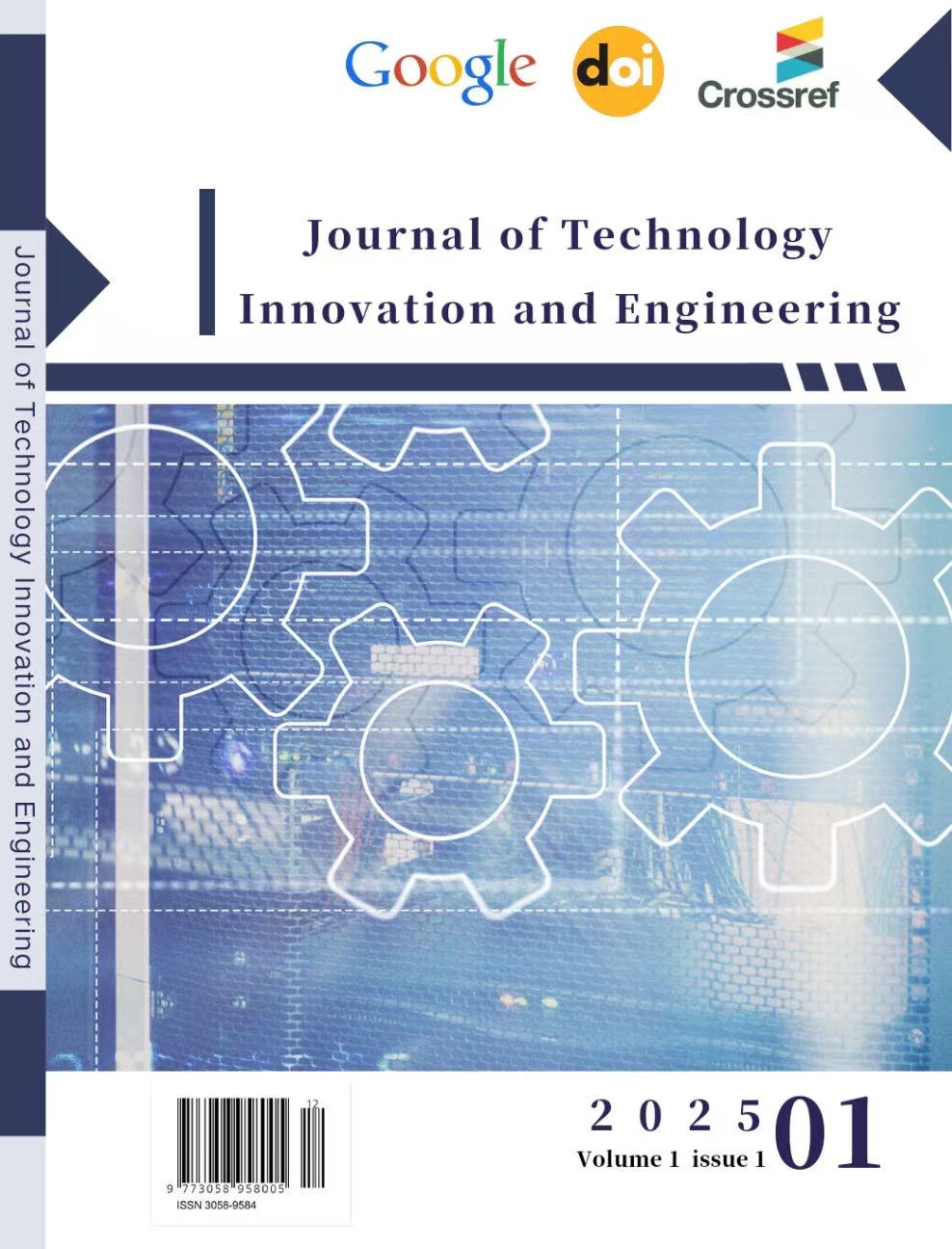Study on the Innovation of homestead Right System under the Separation of Three Powers —— Analysis sample based on local practice
关键词:
separation of three powers; homestead; rights definition; transfer mechanism; judicial remedy摘要
The "three rights separation" reform of homesteads is one of the significant innovative measures in Chinas rural land management system. It aims to optimize the allocation and efficient use of rural land resources by reasonably separating ownership, eligibility rights, and usage rights of homesteads. However, this reform faces numerous legal issues and challenges during its implementation, primarily manifested in unclear rights definition, restricted transfer mechanisms, and insufficient protection of rights and interests. These problems not only hinder the progress of market-based transfers of homesteads but also affect the realization of farmers land property rights. To explore the legal pathways for the "three rights separation" reform of homesteads, this paper uses local practices in Jinzhai County, Anhui; Yujiang County, Jiangxi; and Yicheng City, Hubei as case studies. It systematically analyzes the successful experiences and legal difficulties encountered in these regions. Through an in-depth analysis from a legal perspective, the paper proposes that clarifying the legal boundaries of the "three rights," improving the rules for market-based transfers of homestead usage rights, and establishing judicial remedies for farmers rights are key paths to innovate the homestead rights system. Additionally, the paper argues that revising relevant laws and regulations, promoting the legalization of policy enforcement, and disseminating successful local reforms can provide institutional guarantees for the "three rights separation" reform of homesteads. Further clarification is needed in future legislation and policy form ulationThe rights and obligations of rural economic organizations, the standardization of circulation procedures, and the strengthening of farmers legal rights to redress are essential for achieving efficient utilization of rural land resources and sustainable development of the rural economy. In summary, this article not only provides theoretical support in law for the reform of the three rights separation of homesteads but also offers specific suggestions and references for future policy and legislative practices.




